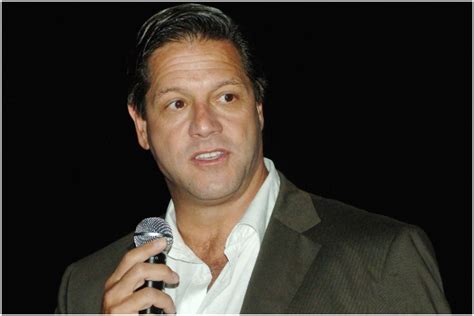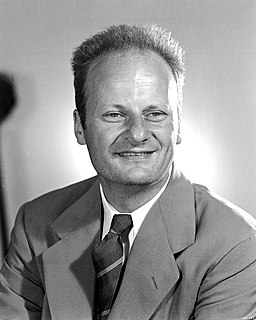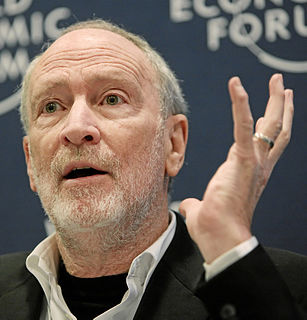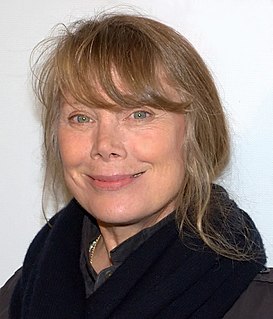A Quote by Frederick C. Beiser
Schiller is an important philosopher because he shows just how integral the idea of beauty is in normal life.
Related Quotes
Beauty is more important in computing than anywhere else in technology because software is so complicated. Beauty is the ultimate defense against complexity. ... The geniuses of the computer field, on the the other hand, are the people with the keenest aesthetic senses, the ones who are capable of creating beauty. Beauty is decisive at every level: the most important interfaces, the most important programming languages, the winning algorithms are the beautiful ones.
No one any longer pays attention to - if I may call it - the spirit of physics, the idea of discovery, the idea of understanding. I think it's difficult to make clear to the non-physicist the beauty of how it fits together, of how you can build a world picture, and the beauty that the laws of physics are immutable.
One of the things I want to do in the book is to explore how philosophy can be done in literature. I start doing that in the first chapter, by introducing the idea of "philosophy by showing". What literature/philosophy shows is how to look at some important facets of life in a new way, thus changing the frame in which subsequent philosophical argument proceeds.
How I treat a brother or sister from day to day, how I react to the sin-scarred wino on the street, how I respond to interruptions from people I dislike, how I deal with normal people in their normal confusion on a normal day may be a better indication of my reverence for life than the antiabortion sticker on the bumper of my car.

































